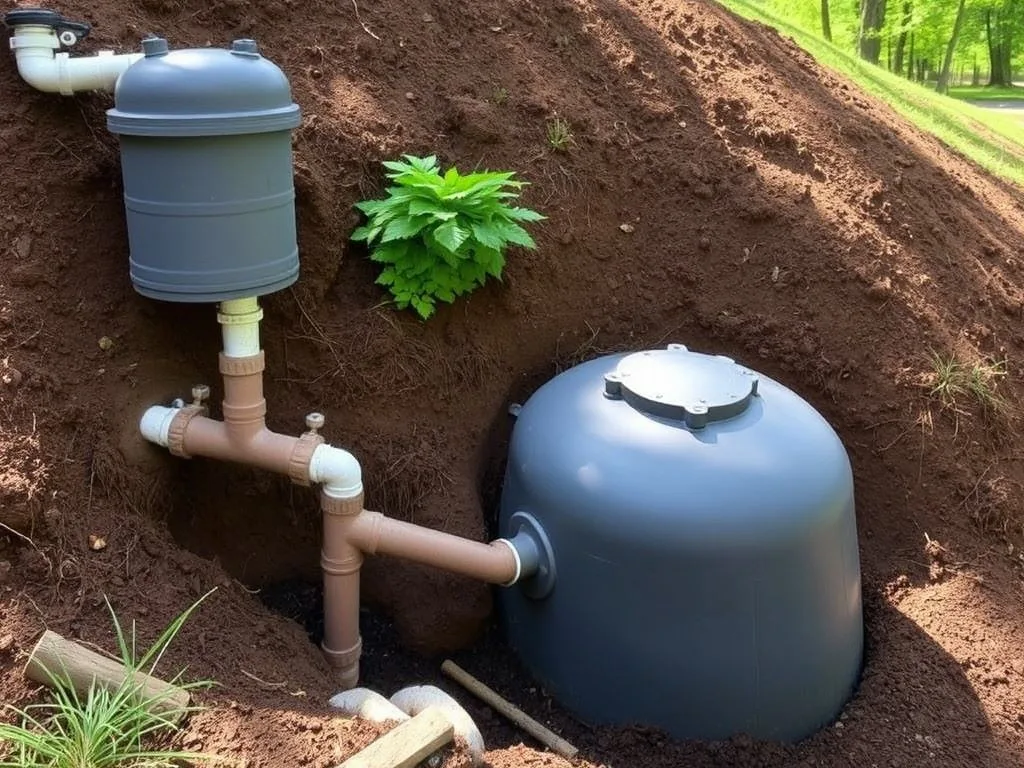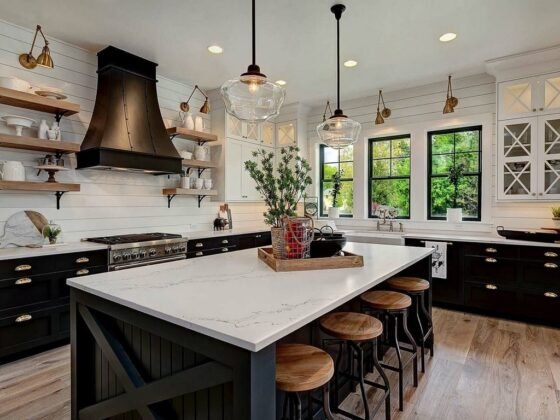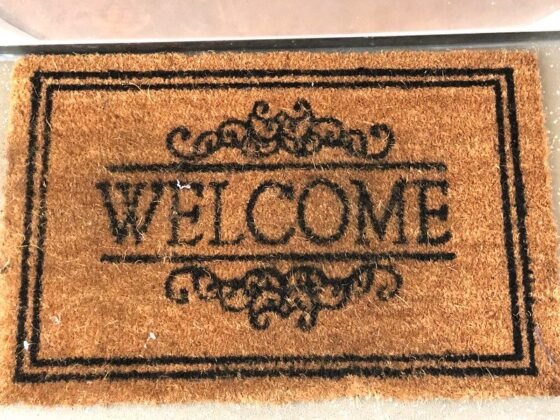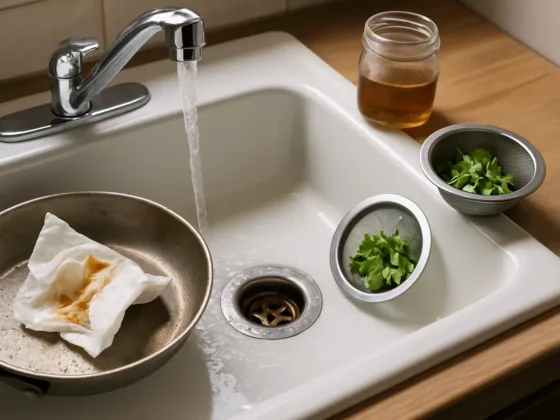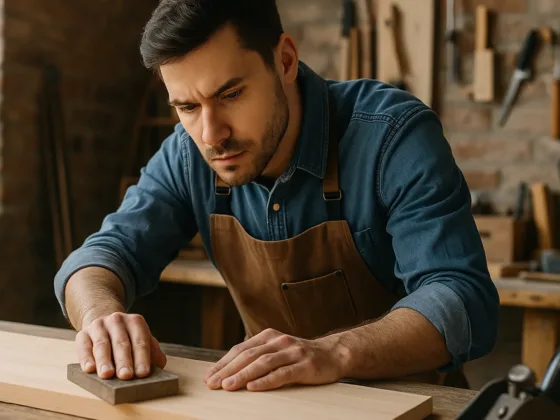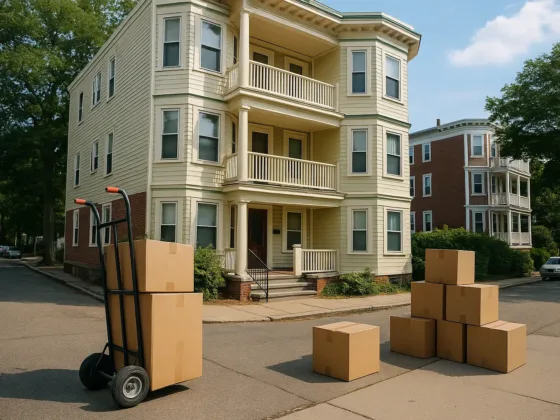Table of Contents Show
When you own your home, the last thing you want in the summer is flies in your kitchen due to food waste in your bin.
Enter the garbage disposal! Installing a garbage disposal can be a convenient addition to any kitchen, as it makes cleaning easier and prevents odors from emanating from the bin.
However, it’s essential to take extra care if you have a septic system installed as, while in theory, these 2 things go together like jelly and peanut butter, they can cause a few issues too.
So, in this short article, you will be given tips on how to install a garbage disposal, as well as being given some advice on issues that can and do occur with such systems.

Choose the Right Garbage Disposal
When selecting a garbage disposal, you must choose a system specifically designed for use with a septic system.
These disposals typically have a bio-charge injection system that helps break down waste and reduce strain on the septic system.
Additionally, make sure to choose a disposal with a lower horsepower rating, as disposals with a higher horsepower can cause damage to the septic system.
Most modern garbage disposal for septic systems can be added to any septic tank, but it is always best to check that the 2 designs are compatible to save money and stress.
Hire a Professional for the Installation
Installing a garbage disposal with a septic system requires knowledge and expertise, so hiring a professional is recommended.
A professional plumber can ensure that the disposal is installed correctly and safely and advise on how to properly maintain and use the disposal to prevent damage to the septic system.
Use the Garbage Disposal Properly
Proper garbage disposal usage is key to preventing damage to your septic system.
Only put food waste down the disposal, and avoid putting non-biodegradable materials, grease, oil, bones, eggshells, coffee grounds, and vegetable peels down the drain.
Additionally, always run the disposal with plenty of cold water to help flush the waste through the septic system.
Regularly Maintain your Septic Tank
Regular maintenance of your septic tank is crucial when using a garbage disposal. You need to ensure to have your septic system inspected by a professional and pumped every 2-3 years, or more frequently if you use your garbage disposal often.
Additionally, use septic-safe cleaning products and avoid flushing anything that is not waste or toilet paper. So, no sanitary towels, no cleaning or baby wipes, and no nappies!
Be Mindful of Your Water Usage
The amount of water that you consume per day in your home can impact the health and functionality of your septic system.
When using your garbage disposal, try to spread out usage over time to prevent overloading the septic system with too much waste at once.
Additionally, promptly fix any leaks or plumbing issues to prevent excess water from entering the septic system.
Issues That You Must Avoid
Now that you have the best tips for the successful installation of such a system, you need to turn your attention to taking proper care of it.
This means it is time to start looking at common issues that may occur when installing a garbage disposal system alongside a septic tank so you know exactly what you need to avoid.
Clogged Pipes and Drain Field
Garbage disposals can cause clogs in septic system pipes and the drain field when non-biodegradable materials, grease, oil, bones, eggshells, coffee grounds, and vegetable peels are disposed of down the drain.
These inorganic materials do not break down easily and can accumulate over time, causing blockages that prevent proper drainage and leading to back-ups and overflows.
Do not put any of these materials down your system. They are not designed for it.
Overloading of the Septic System
Garbage disposals can also overload the septic system with excess waste, leading to increased maintenance and pumping costs, as well as issues with bad smells and sewage backup.
Not ideal in the middle of summer! Disposals with higher horsepower ratings can contribute to this problem, as they grind food waste into smaller particles that are more difficult to break down in the septic tank.
Overloading the system can lead to the accumulation of solid waste in the septic tank, reducing the tank’s efficiency and leading to clogs and back-ups.
If you suspect you have overloaded the septic tank system, you will need to have it assessed promptly and, potentially, have another system installed that is more catered to your family’s needs.
Ensure that whoever uses the new system doesn’t overload it. Make this standard practice in your family if you have just newly installed yours.
Chemical Imbalances in the Septic Tank
The use of harsh cleaning chemicals, such as drain cleaners and bleach, in conjunction with garbage disposals can disrupt the natural balance of bacteria in the septic tank, hindering its ability to break down waste.
This can cause a buildup of solid waste in the tank and lead to clogs and back-ups.
Reduced Lifespan of the Septic System
The combination of excess waste and improper disposal practices can lead to the premature failure of the septic system.
When the septic system is overloaded and not functioning properly, it can cause damage to the soil and surrounding environment. This can lead to costly repairs or the need for a full system replacement.
Environmental Pollution
When septic systems fail, they can pollute the environment. Overflows and back-ups can release untreated wastewater into local waterways and groundwater, causing contamination and health risks to humans and animals.
If you think your septic tank has a pressing problem, you need to hire a professional team to assess it urgently, especially if visible sewage is present.
Using Best Practices With Your System
With all of the above issues, you will notice a common pattern: it has to do with how humans handle the systems.
If you look after them well, such as only disposing of food waste down the drain and avoiding putting non-biodegradable materials, grease, oil, bones, eggshells, coffee grounds, and vegetable peels down the disposal, you won’t have to experience problems.
Likewise, if you use septic-safe cleaning products and have your septic system inspected and pumped every 2-3 years or more frequently if you use your garbage disposal more often, you will enjoy all the benefits it brings and none of the issues.
However, do the opposite, and you will likely have to replace your septic system soon.
FAQ:
Yes, you can install a garbage disposal with a septic tank, but it’s crucial to choose a disposal specifically designed for septic systems to prevent potential issues.
Look for garbage disposal with a bio-charge injection system to help break down waste and a lower horsepower rating to reduce strain on your septic system.
It is recommended to have your septic system inspected and pumped every 2-3 years, or more frequently if you use your garbage disposal often.
Avoid putting non-biodegradable materials, grease, oil, bones, eggshells, coffee grounds, and vegetable peels down your garbage disposal to prevent clogs and damage to your septic system.
Risks include clogged pipes and drain fields, overloading the septic system, chemical imbalances, reduced lifespan of the septic system, and potential environmental pollution if the system fails. Proper usage and maintenance can help mitigate these risks.
